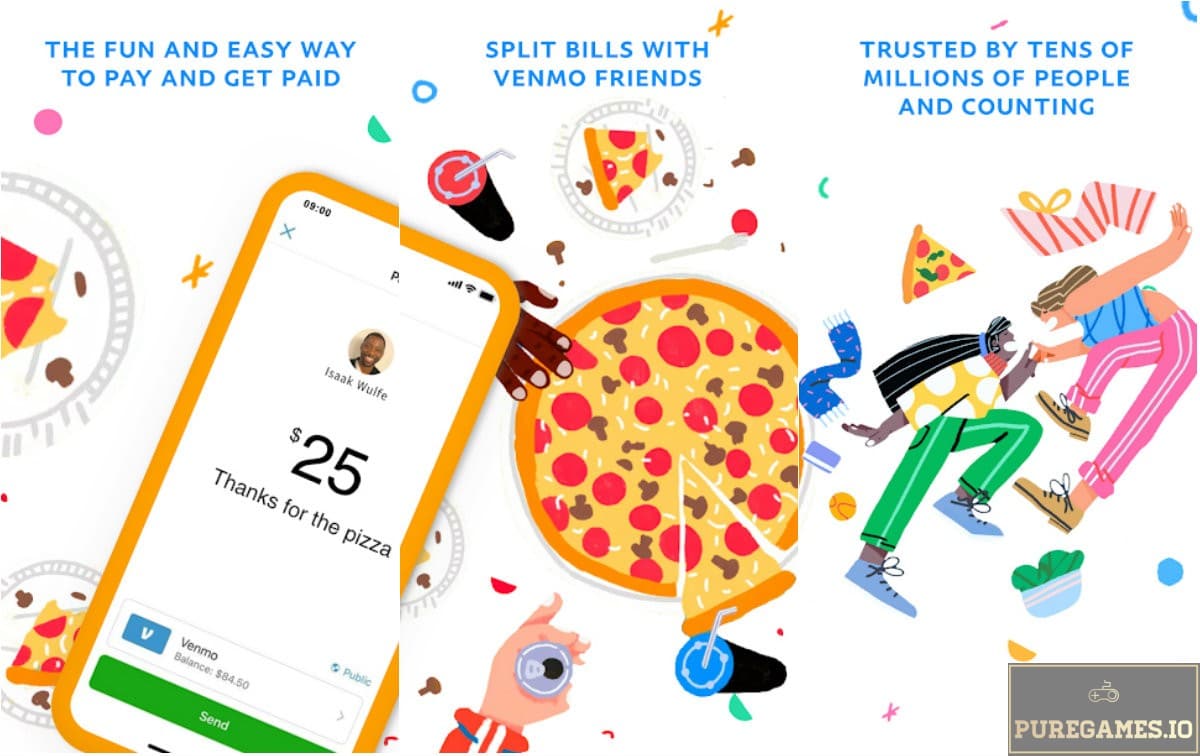
Both companies are deeply involved in the collection and monetization of personal data. Challenging the purchase of a smaller company by a giant one, under the theory that the purchase eliminates future competition rather than creating a monopoly in the short term, is a strong step for the DoJ, and one we hope to see repeated in technology markets.īut users’ interest in the Visa-Plaid merger should extend beyond fears of market concentration. Seen through this lens, the acquisition is a simple preemptive strike against an emerging threat in one of Visa’s core markets. The lawsuit alleges that Plaid already had plans to leverage its relationships with banks and consumers to launch a new debit service. And Plaid sits at the center of that new wave, providing the infrastructure that Venmo and hundreds of other apps use to send money around the world.Īccording to the DoJ, a Visa executive predicted that Plaid would undercut its debit card processing business eventually, and that buying Plaid would be an “insurance policy” to protect Visa’s dominant market share. But apps like Venmo have started-just barely-to eat away at the digital transaction market. (Mastercard, at 25% market share, is Visa’s only significant competitor.) Thanks to network effects with merchants and consumers, plus exclusivity clauses in its agreements with banks, Visa is comfortably insulated from threats by traditional competitors.


Visa, it says, already controls around 70% of the digital debit card payment market, from which it earned approximately $2 billion last year. The Department of Justice lawsuit outlines a very simple motive for the acquisition. Courts should stop the merger to protect both competition and privacy. This merger is about more than just competition in the financial technology (fintech) space it’s about the exploitation of sensitive data from hundreds of millions of people. Thankfully, this month, the US Department of Justice filed a lawsuit to do just that. Since mergers and acquisitions often fall outside the purview of privacy laws, only a pointed intervention by government authorities can stop the sale. And Plaid’s users-even those protected by California’s new privacy law-can’t do anything about it.

By buying Plaid, Visa is buying all of its data. But Plaid is more than a potential disruptor, it’s also sitting on a massive amount of financial data acquired through questionable means. First and foremost, it would allow a giant company with a controlling market share and a history of anticompetitive practices to snap up its fast-growing competition in the market for payment apps.

The merger is bad for a number of reasons. Visa, the credit card network, is trying to buy financial technology company Plaid for $5.3 billion.


 0 kommentar(er)
0 kommentar(er)
